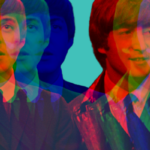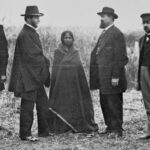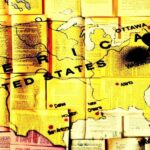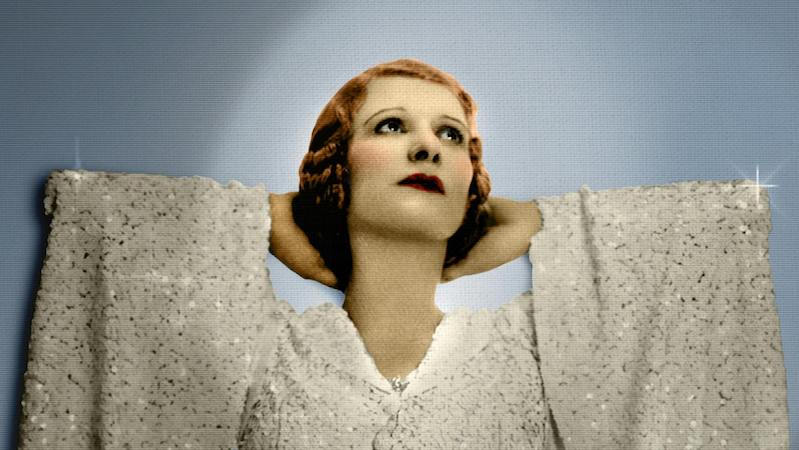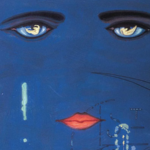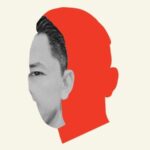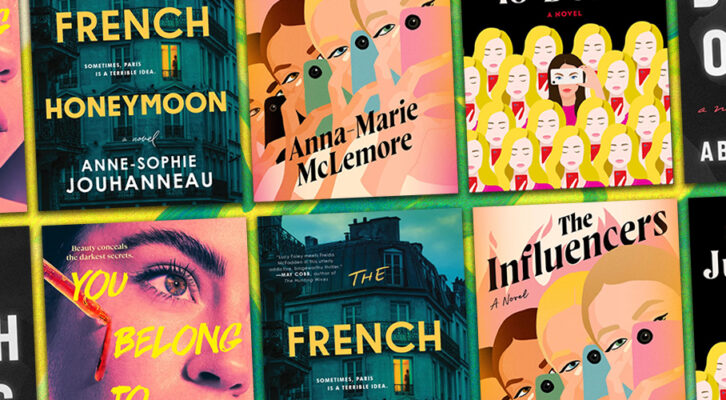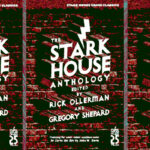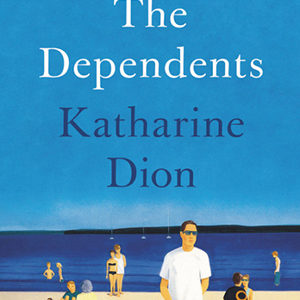On the Sleepless Lives of Writers
Insomnia: Source of Suffering or Creativity?
Franz Kafka couldn’t sleep. In 1910, he felt “while falling asleep a vertically moving pain in my head over the bridge of the nose, as though from a wrinkle too sharply pressed into my forehead.” The next year, he kept notes of successive nights without sleep. “I believe this sleeplessness comes only because I write. For no matter how little and how I badly I write, I am still made sensitive by these minor shocks . . . during the day the visible world helps me, during the night it cuts me to pieces unhindered.” In 1912: “The need for sleep rolls around in my head, tensions in the upper part of my skull on both sides.” Although insomnia was also generative to Kafka—“If I can’t pursue the stories through the nights, they break away and disappear”—the lack of rest took its toll on his health.
Insomnia is a place of suffering and creation. Lisa Russ Spaar, writing about poets plagued with insomnia, describes it as “a crisis of good or of evil, a dark night of the soul that may either bless or curse, that can lead in some cases to epiphany and in others to confrontation with chaos or Death itself.” In “Insomnia,” Elizabeth Bishop writes of a “world inverted,” where:
left is always right,
where the shadows are really the body,
where we stay awake all night,
where the heavens are shallow as the sea
is now deep, and you love me.
Sleep is a delicious escape. Sleep is giving in without giving up. To rest is to succumb to our body and then float out of it. Sleep is an act of faith: we hope that we will wake again, so we enter that darkness.
Nearing the darkness of death, Gerard Manley Hopkins wrote his mother a poem:
In the garden of sleep,
Where the poppies are spread,
I wait for the living,
alone with the dead!
Writers enter the space of night with fear and fascination. “The night is darkening round me,” wrote Emily Brontë. Elsewhere she lamented
Sleep brings no rest to me;
The shadows of the dead,
My wakening eyes may never see,
Surround my bed.
Dana Gioia catalogues the prosaic worries of the night: “Now you hear what the house has to say. Pipes clanking, water running in the dark, / the mortgaged walls shifting in discomfort.” When we can’t sleep, we can’t escape the night; we can’t escape ourselves. “The terrible clarity this moment brings, / the useless insight, the unbroken dark.”
We must be awake to create, but don’t we also need to dream? Insomnia is that place between, where our words and ideas are on our mind, but just out of reach.
I am fascinated by insomnia because I don’t have it.
I love to sleep. I adore naps. The allure of that first moment in bed: peeling back the covers, settling onto the mattress, the exhale that the day is over. I fall asleep fast, but I like to think that is because of the time when I slept but did not rest. The years and years when I wasn’t awake, but my body wasn’t stilled.
Back then, I would fall asleep at my desk. I always like to write best at night, and I would drift-off mid-sentence, rejoining my syntax a minute later. Drafts descended into nonsense. I would read lines to my wife the next morning, and we’d laugh at the strange routes of my thoughts.
I didn’t know true, peaceful sleep until my thirties. My wife’s fear over my snoring was made worse when I would stop breathing. She’d wake me, tell me to shift from my back to my side, but the snoring would return. I have to thank her for saving my life—doctors learned that my sleep apnea was particularly acute. I was a metaphorical insomniac: asleep, but not at rest. Awake, my eyes closed. Drifting through the night, but never at peace.
My treatment was curious. CPAPs—continuous positive air pressure machines—are bulky, obstructive, and strange. A mask connected to a hose, clipped to a humidified machine. My daughters think the contraption is from outer space, and tip-toe around the hose before diving into our bed in the morning. Before I started using the machine, I would stumble through my days, exhausted. Now, I feel alive, aware, and at peace.
But I don’t think the fear of lost sleep will ever leave me. This mechanical gift of slumber feels too good to be true. One night during a storm, when the power went out and the CPAP became silent, I woke dizzy from a headache, and my sleepless past returned like a nightmare.
We can’t live without sleep, and yet it is our most powerful metaphor for death. Linda Pastan said she chose Insomnia as the title of her newest book “because the word conjures for me a struggle with consciousness itself as well as a struggle with the looming dark, just outside the window.” In his essay “The Symbolism of Poetry,” W.B. Yeats writes of the sweet moments when we are asleep and awake; when we drift between states. “The purpose of rhythm, it has always seemed to me, is to prolong the moment of contemplation, the moment when we are both asleep and awake, which is the one moment of creation.” Maybe insomnia is that “hypnotic trance.” One of art’s greatest accomplishments could be putting us to sleep—not from boredom or redundancy, but returning us to the tired way that we entered this world, our bodies warm and thankful. Great writing, for Yeats, is “full of patterns and symbols and music,” in which we “are lured to the threshold of sleep.”
Now that I finally have the gift of restful sleep, I embrace writing at night. The house is silent. Behind us, the sound of owls and wind drift from the woods. In a small room lined with books, I feel comfortably surrounded. I feel, somehow, asleep—and yet I’m at my desk, a lamplight and the computer’s white glowing my hands. I love to write through midnight—so that writing is the first act of the new day. I will sleep soon. But not yet.



